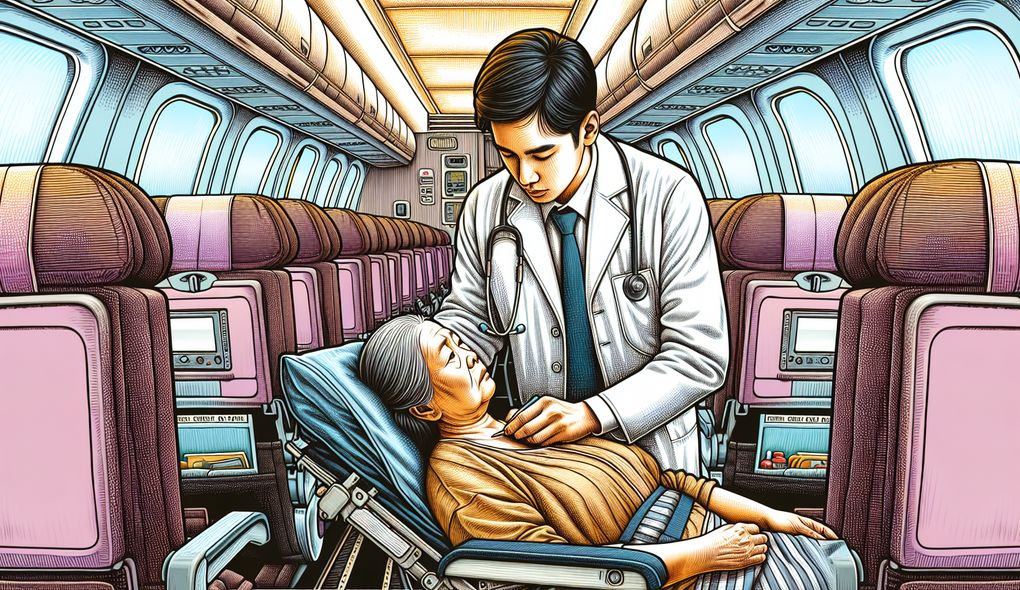Can you describe a situation where you encountered a conflict with a colleague or team member? How did you resolve it?
JUNIOR LEVEL

Sample answer to the question:
Yes, I can describe a situation where I encountered a conflict with a colleague. In my previous role as a nurse in a busy emergency department, I had a disagreement with a coworker regarding the prioritization of patient care. We had a patient who required immediate attention while another patient was stable but needed ongoing monitoring. My colleague believed that we should focus on the stable patient while I believed we should prioritize the patient in critical condition. To resolve the conflict, I initiated a calm and respectful conversation with my colleague. We discussed our concerns and perspectives, and I presented evidence to support my viewpoint. Eventually, we reached a compromise where we divided our time between the two patients, ensuring both received the necessary care.
Here is a more solid answer:
Certainly! Let me tell you about a conflict I faced with a team member while working as a flight nurse. During an aeromedical evacuation mission, we encountered a challenging situation where we needed to make critical decisions quickly. My colleague and I had differing opinions on the best course of action. I realized that effective communication was crucial to resolving the conflict and ensuring the safety of our patient. I took the initiative to discuss our differing perspectives with my colleague, emphasizing the importance of collaboration, and actively listened to their concerns. Through open and respectful dialogue, we were able to find common ground and establish a mutually agreed-upon plan. I also utilized my problem-solving skills to suggest alternative approaches that addressed both of our concerns. This experience taught me the value of clear and concise communication, teamwork, and adaptability in resolving conflicts and delivering quality patient care.
Why is this a more solid answer?
The solid answer expands on the basic answer by providing specific details about the conflict and demonstrating the candidate's ability to communicate effectively and solve problems under pressure. It highlights the importance of collaboration, active listening, and adaptability in conflict resolution. However, it could still benefit from further elaboration on the specific strategies used to resolve the conflict.
An example of a exceptional answer:
Absolutely! Let me share a situation where I encountered a conflict with a team member as a flight nurse. During a high-stress rescue operation, our team had to make critical decisions quickly. However, my colleague and I had different perspectives on the best approach. Recognizing the urgency and need for a swift resolution, I initiated a team huddle to address the conflict immediately. I created a safe and open environment where everyone could express their concerns and ideas. Through active listening, I gained a deeper understanding of my colleague's viewpoint. We utilized our strong clinical skills to analyze the situation and presented our arguments based on evidence and patient safety. To ensure fairness, we invited input from other team members and sought a consensus. Ultimately, we reached a collaborative decision that combined the best aspects of both perspectives and prioritized patient care. This experience reinforced the importance of effective communication, collaboration, and critical thinking in resolving conflicts and delivering exceptional care.
Why is this an exceptional answer?
The exceptional answer provides a comprehensive and detailed account of the conflict, showcasing the candidate's ability to handle high-stress situations and lead conflict resolution. It demonstrates effective communication, active listening, critical thinking, and collaboration skills. Additionally, it highlights the candidate's commitment to patient safety and the ability to facilitate a team-based approach to conflict resolution.
How to prepare for this question:
- Reflect on past experiences when you encountered conflicts with colleagues or team members. Think about the specific details of the situation, your role in resolving the conflict, and the outcome.
- Consider the importance of effective communication and active listening in conflict resolution. Reflect on instances where you have demonstrated these skills and the positive impact they had on the resolution.
- Highlight your problem-solving abilities by mentioning specific strategies or approaches you used to resolve conflicts in the past. Discuss how you considered multiple viewpoints and balanced competing priorities.
- Emphasize your commitment to teamwork and collaboration. Discuss instances where you actively sought input from others and worked towards a mutually agreed-upon solution.
- Link the conflict resolution experience to the requirements of the Flight Nurse role, such as the ability to work well under pressure, make quick decisions, and prioritize patient care.
What are interviewers evaluating with this question?
- Communication and Interpersonal Skills
- Ability to Work well under Pressure
- Problem Solving

